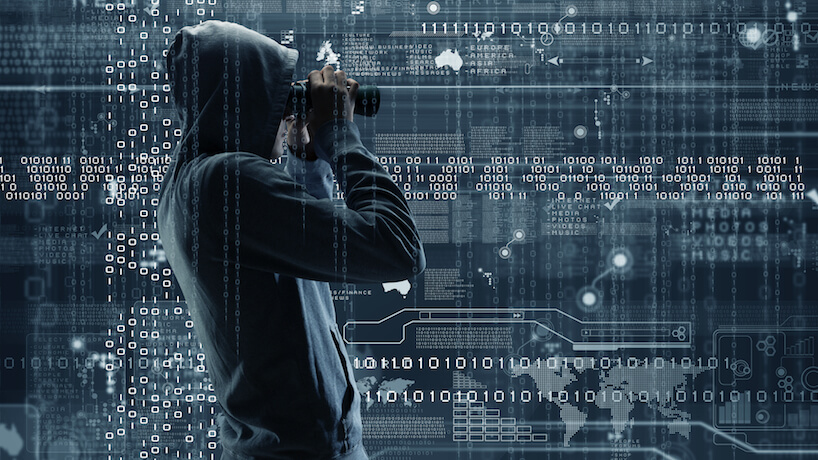As you prepare to welcome attendees to your organization’s next conference or event, you’re probably leaning on your IT team for assistance with setting up the staff network at the venue, testing registration software, and making sure the mobile app works properly. All these tasks are important, but you’ll want to consult your IT team for help with one of the essential pieces of any digital environment: cyber security. Unfortunately, new research shows that they’ll most likely give you more reasons to worry about the on-site experience. The latest edition of the Harvey Nash/KPMG CIO Survey — a study of 4,498 CIOs and technology leaders — revealed that the risks of cyber hacking are at an all-time high. Conversely, the ability to respond to those attacks seems to be reaching an all-time low; only 21 percent of respondents indicated that their organizations are “very well” prepared to deal with potential attacks.
Conventions and events may not seem like top targets for hackers and cyber criminals. Wouldn’t they be better off aiming for financial institutions or government officials? Not necessarily. Information is worth a lot of money on the black market, and business events have a huge amount of information: email addresses, credit card numbers, hotel loyalty accounts, places of work, emergency contact names, and more. Anyone with bad intentions can find plenty of uses for the data in registration profiles and housing reservations.
Are Conferences Spy Movie Sets?
Individuals aren’t the only ones looking to steal data. Bruce McIndoe, CEO of global risk management firm iJET, who will provide hacking security tips at the upcoming PCMA Education Conference in June, told PCMA in a recent interview that conferences offer easy environments for sneaky groups, too. “Both governments and industries use conferences for espionage and competitive intelligence,” McIndoe said.
McIndoe referenced a 2013 article from Joshua Philipp in The Epoch Times, which detailed the ways that Chinese spies target certain U.S. conferences when hunting for information. “For people in the defense and intelligence industries,” Philipp wrote, “it is common knowledge that Chinese spies use conferences and trade shows to find their targets.”
SEE ALSO: How to Protect Your Meeting From a Data Hack
New Tech Brings New Challenges
Event professionals themselves may be inadvertently increasing the potential for on-site cyber problems in their rush to embrace new event technologies. While some organizers are focused on early adoption of the latest and greatest new tools, McIndoe cautioned that adding emerging technologies can create new vulnerabilities. “Apps are an easy way to gain access to attendees’ phones,” he said. “RFID [can help] track and locate targets. Simply having access to the on-site equipment can provide a treasure trove [for cyber criminals].”
Feel that your organization isn’t equipped to deal with hackers and cyber criminals? Make sure you check out McIndoe’s session, “Keep Hackers at Bay and Strengthen Your Data Security” in New York on Monday, June 12 at 9:45 a.m. Can’t be in the Big Apple? Register for the broadcast of the event — it’s free. McIndoe’s session will be streamed on Tuesday, June 13 at 12:15 p.m.

